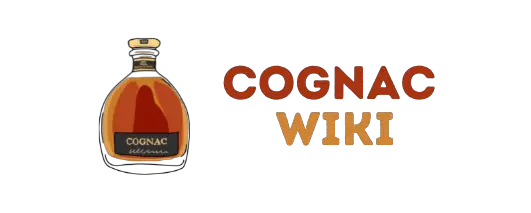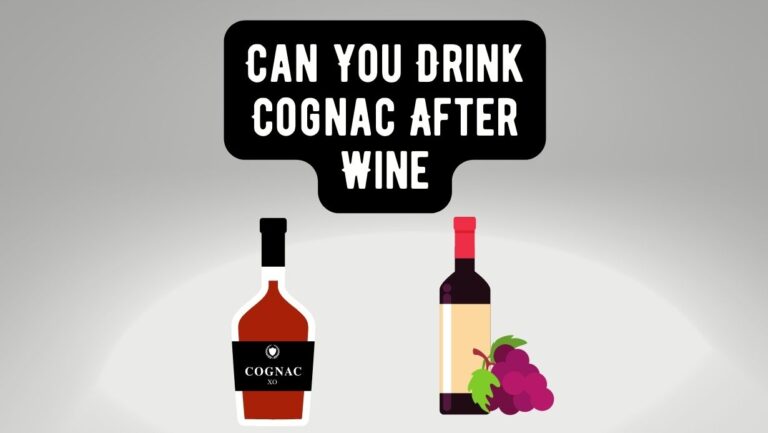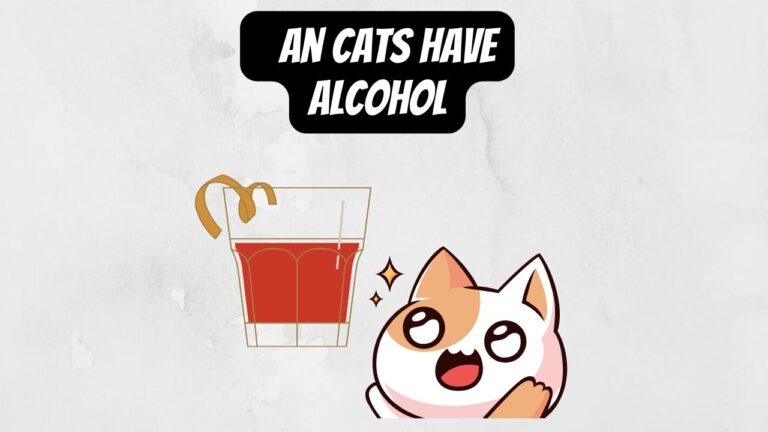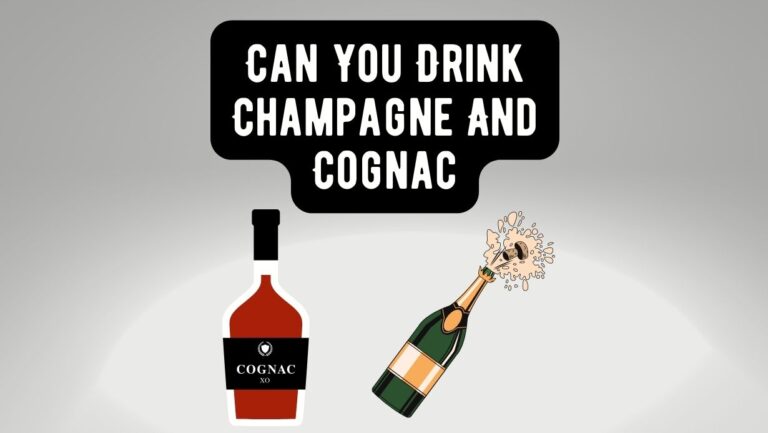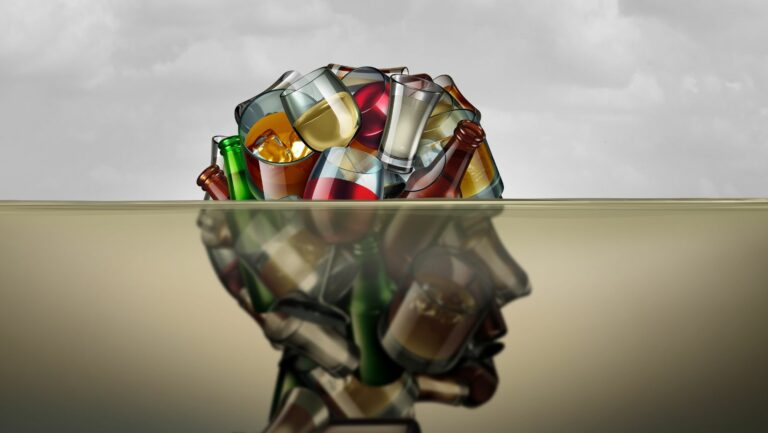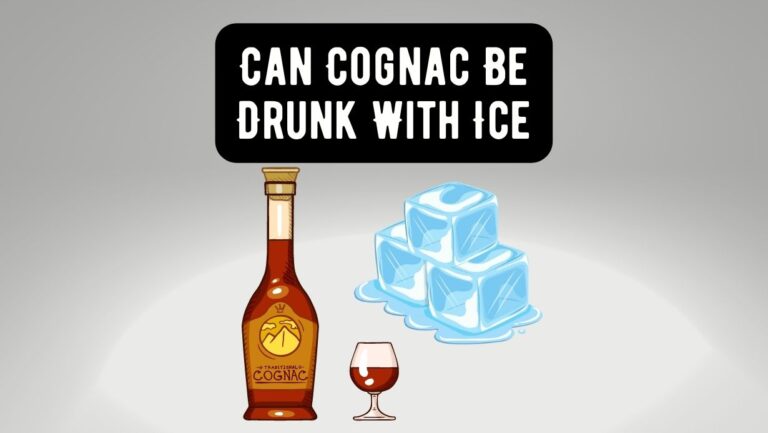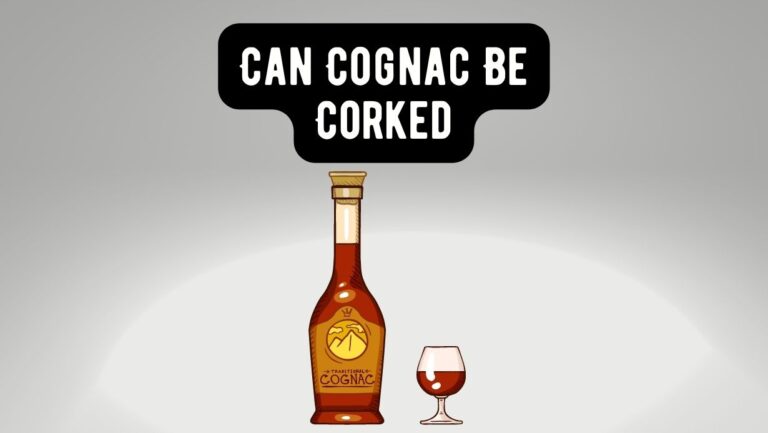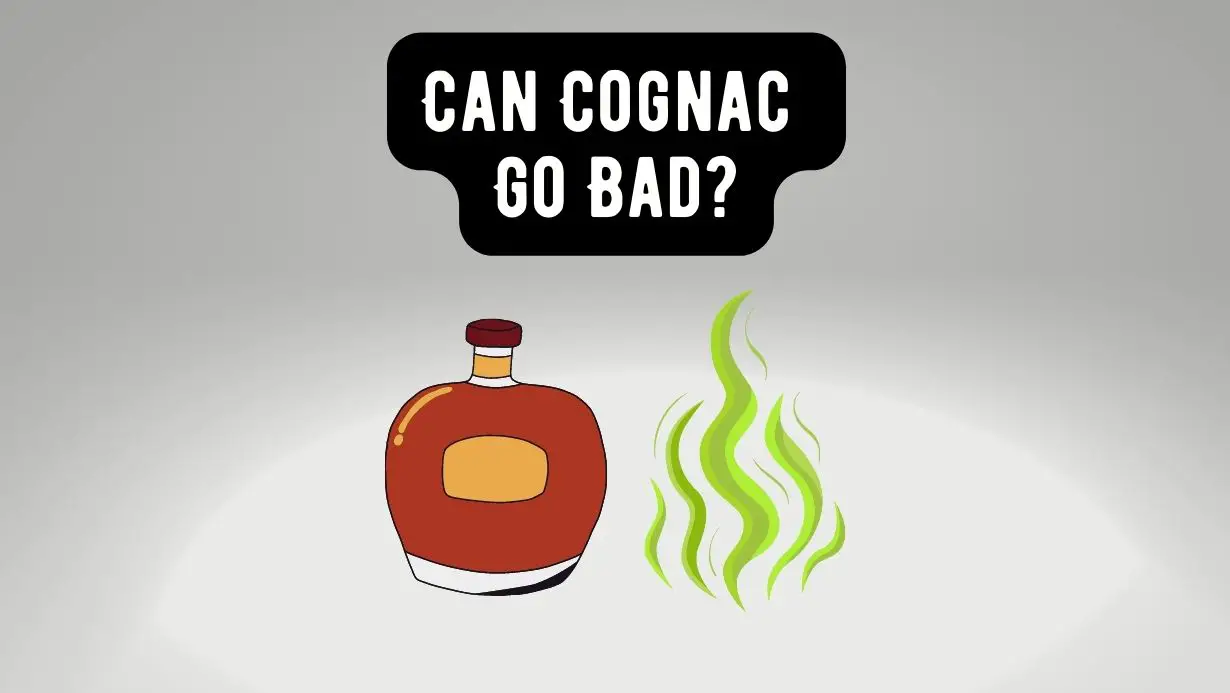
Introduction
Cognac, a revered French brandy known for its exceptional quality and aging process, is often cherished by enthusiasts and collectors. However, like any perishable product, there may be concerns about the shelf life and potential deterioration of Cognac over time. In this article, we will delve into the factors that affect the longevity of Cognac, explore how to properly store it, and address common questions regarding whether Cognac can go bad. By understanding the nuances of Cognac storage and its shelf life, enthusiasts can ensure the preservation of its quality and enjoy the beverage at its best.
Section 1:
Understanding the Shelf Life of Cognac
1.1 Aging Process: Explain the aging process of Cognac, highlighting how it contributes to the development of flavors and its overall quality.
1.2 Optimal Drinking Age: Discuss the concept of optimal drinking age for Cognac, considering the balance between aging and flavor evolution.
Section 2:
Factors Affecting Cognac’s Longevity
2.1 Oxidation: Explain how oxidation can impact the quality of Cognac over time, discussing the potential effects on aroma, taste, and color.
2.2 Light Exposure: Highlight the potential detrimental effects of exposure to light on Cognac, as it can lead to flavor degradation and loss of quality.
2.3 Temperature and Humidity: Discuss the influence of temperature and humidity on Cognac, exploring the importance of maintaining consistent and appropriate storage conditions.
2.4 Bottle Sealing: Examine the significance of bottle sealing and the role it plays in preventing the ingress of oxygen and other contaminants that can affect the longevity of Cognac.
Section 3:
Proper Storage of Cognac
3.1 Temperature and Humidity Control: Provide guidelines for storing Cognac, including the recommended temperature range and the importance of maintaining consistent humidity levels.
3.2 Light Protection: Discuss the need to protect Cognac from direct sunlight and the benefits of storing it in dark or tinted glass bottles.
3.3 Upright or Horizontal Storage: Explain the considerations regarding upright or horizontal storage of Cognac bottles and the impact on long-term quality.
3.4 Avoiding Temperature Fluctuations: Highlight the importance of avoiding temperature fluctuations, as they can accelerate the aging process and potentially compromise the integrity of Cognac.
Section 3:
Signs of Spoiled Cognac
4.1 Off Odors and Flavors: Discuss the signs of spoiled Cognac, such as off odors or flavors that indicate potential deterioration.
4.2 Appearance Changes: Address any visible changes in color or sediment that may indicate spoilage or a loss of quality in Cognac.
Section 5:
Frequently Asked Questions
5.1 Can Cognac go bad? Answer the question directly, explaining the potential for deterioration but also highlighting that it doesn’t necessarily mean it has gone “bad” in the same way as perishable food.
5.2 What is the shelf life of Cognac? Provide an overview of the typical shelf life of Cognac and how it can vary based on various factors.
5.3 Can spoiled Cognac be consumed? Discuss the potential risks and advisability of consuming spoiled Cognac, emphasizing the importance of using personal judgment and sensory evaluation.
Conclusion
While Cognac does not necessarily “go bad” in the same way as perishable food, it can experience changes in quality and flavor over time. Proper storage, including temperature control, protection from light exposure, and maintaining airtight bottle seals, is essential for preserving the longevity and quality of Cognac. By following these guidelines and being aware of signs of spoilage, enthusiasts can ensure that their Cognac remains in optimal condition, allowing them to enjoy the beverage at its best.
